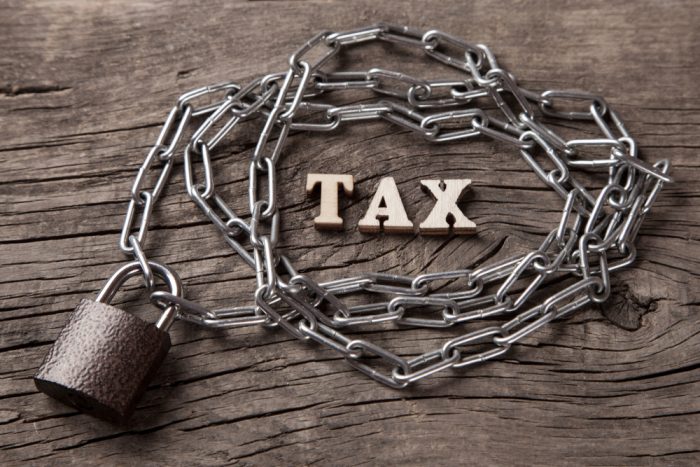The government is asking whether there is a case for tax relief to be introduced for private medical insurance (PMI) provided though the workplace, despite not seeing the case for the tax break itself.
In the consultation launched today, HM Treasury is specifically seeking views on how expanding the existing Benefit in Kind (BIK) exemption for medical benefits could help employers provide more services.
Treasury highlighted four sets of services which it believed were worth being added to the list of health benefits given tax relief. They were:
- health screenings for employees, within a specific pre-defined limit,
- medical check-ups for employees, within a specific pre-defined limit,
- treatments that aim to reduce workplace absence or enable employees to perform better, including preventative treatments,
- flu vaccinations, where they are paid for by the employee and later reimbursed by the employer.
It also discussed several services which it did not see a case for providing tax relief for but asked whether such a case could be made. They were:
- PMI for employees,
- non-clinical treatments, such as wellness retreats, fitness classes, or gym memberships,
- wages for occupational health staff employed by the business,
- consulting costs, for example relating to the development of a business’ occupational health strategy,
- costs relating to family members of employees, or relating to people that are not employees.
Treasury said the government did not see a case for providing relief for those types of costs for a number of reasons, including “a weaker link to positive economic benefits, risk of abuse and fraud, and poor value for money for taxpayers”.
“This means that in practice, the tax treatment of these costs would remain unchanged,” it said.
However, it added: “Do you see a case for any of the above costs being in scope of additional tax relief under the BiK exemption?
“If so, please discuss why, and how this would help achieve the government’s objective of increasing employer provision of OH services and labour market participation.”
The consultation document adds there may be alternative views and support for different tax policy options that could help to deliver on the objective of increasing the provision of occupational health and government welcomed views from stakeholders on whether there are alternative tax incentives that would be more effective.
The government’s initial assessment is that expenditure in the proposed areas may aid the health of employees and ultimately help to prevent people from leaving the workforce.
However, it also pointed to likely drawbacks associated with expanding BiK reliefs, including cost to the Exchequer, deadweight loss (providing a tax benefit where occupational health provision would have been offered anyway), limited behavioural impacts, and subsidising costs which do not relate to occupational health.
Existing exempted treatments including recommended medical treatment funded by an employer to help employees return to work, the cost of annual health screening and medical check-ups, welfare counselling and eye tests and glasses or contact lenses should remain in scope of the relief.
The consultation closes on 12 October and follows a government commitment in the Spring Budget to consult on incentivising greater provision of occupational health through the tax system.
